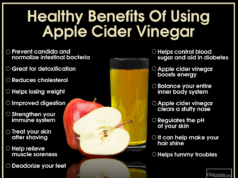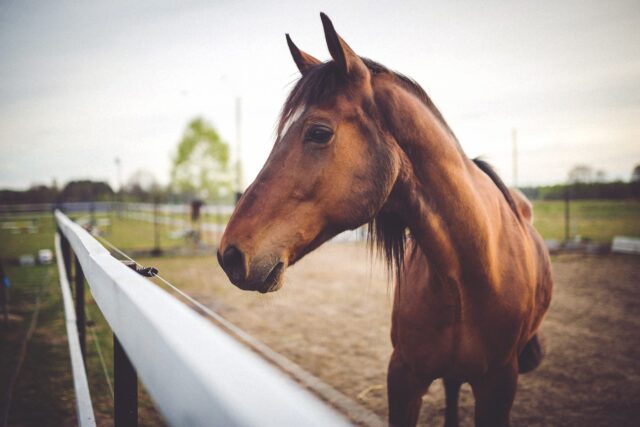
Long a folk remedy, apple cider vinegar for horses has been proven to enhance the health of dairy cows, horses, dogs, and other critters. Not only apple cider vinegar for horses but it also reduces ordinary infections, aids whelping, enhances endurance, prevents muscle fatigue after exercise, increases immunity to disease, and protects against food poisoning. Cider vinegar is rich in the vitamins, minerals, and trace elements found in apples, especially potassium hence apple cider vinegar for horses normalizes acid levels [ph] in the stomach, improves digestion and the assimilation of nutrients, reduces intestinal and fecal odors, helps cure constipation, relieves some of the symptoms of arthritis also helps prevent bladder stones and urinary tract infections.
Let’s step ahead for
Apple cider vinegar for horses what does it do?
In the following paragraphs, you will come across marvelous benefits and uses of apple cider vinegar for horses.
Adding apple cider vinegar to horse water:
As a nutritional supplement in water or feed, acv shines. For general use, 1/4 cup every day on feed is a lot and maybe diluted with an equal amount of water. Acv will help disguise the taste of unfamiliar water when competing or traveling, but one warning — acv will leach minerals from metal or galvanized tanks, therefore use a hard plastic watering container.
Apple cider vinegar for horses with ulcers:
The stomach acid is your horse’s first line of defense against bacteria, parasite eggs and food or water-borne ailments. Apple cider vinegar helps acidify the stomach for optimal digestion. Horses with gout also often benefit from acv.
For arthritis in horses
it’s also a time-tested folk treatment for arthritis.
Apple cider vinegar for horses fly repellent horses:
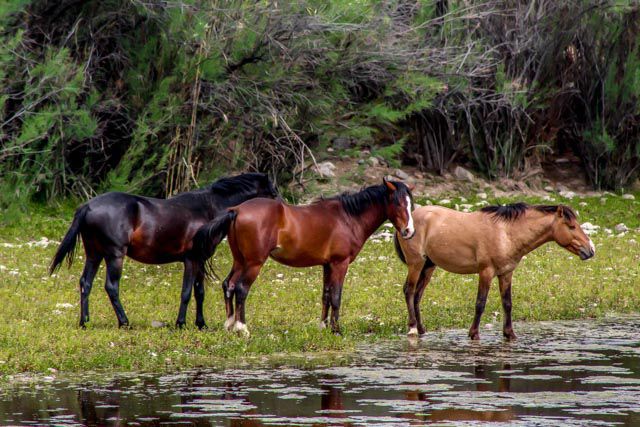
As natural pest management, acv causes thiamine (vitamin b1) to be excreted through the skin, repelling flies and mosquitoes. Optimum levels of b vitamins (particularly b1) in the body appear to discourage bugs. For this to work, it’s vital to make sure that your horse has a diet containing high levels of b vitamins. Horses that consume any significant quantity of grain (which divides into sugars in the body) or are on industrial molasses based candy feeds tend to be b-deficient, as glucose uses up additional b vitamins to be metabolized.
As an interesting aside, people who are sugar junkies or bread-aholics are usually mosquito bites for this very reason. Remember that healthy non-toxic horses are not attractive to flies. And because acv helps with protein digestion, there’ll be less undigested protein (indoles and skatoles) from the manure to attract flies. You can even make an organic flytrap by poking holes in the lid of a mason jar and including water, some acv and sugar. The flies will crawl in, and can’t get out. Way better than chemicals.
Hoof thrush treatment apple cider vinegar
Thrush and other hoof problems can be addressed with soaks or poultices of natural acv.
Apple cider vinegar for horses skin allergy and wounds:
fungus, burns, wounds and skin infections often respond well to a spritz of diluted acv. Try a bit on the mane and tail, too. The last rinse with vinegar-laced water after bathing will cut through leftover soap and hard water residues, leaving your horse super shiny. This works on people.
Apple cider vinegar for horses digestion:
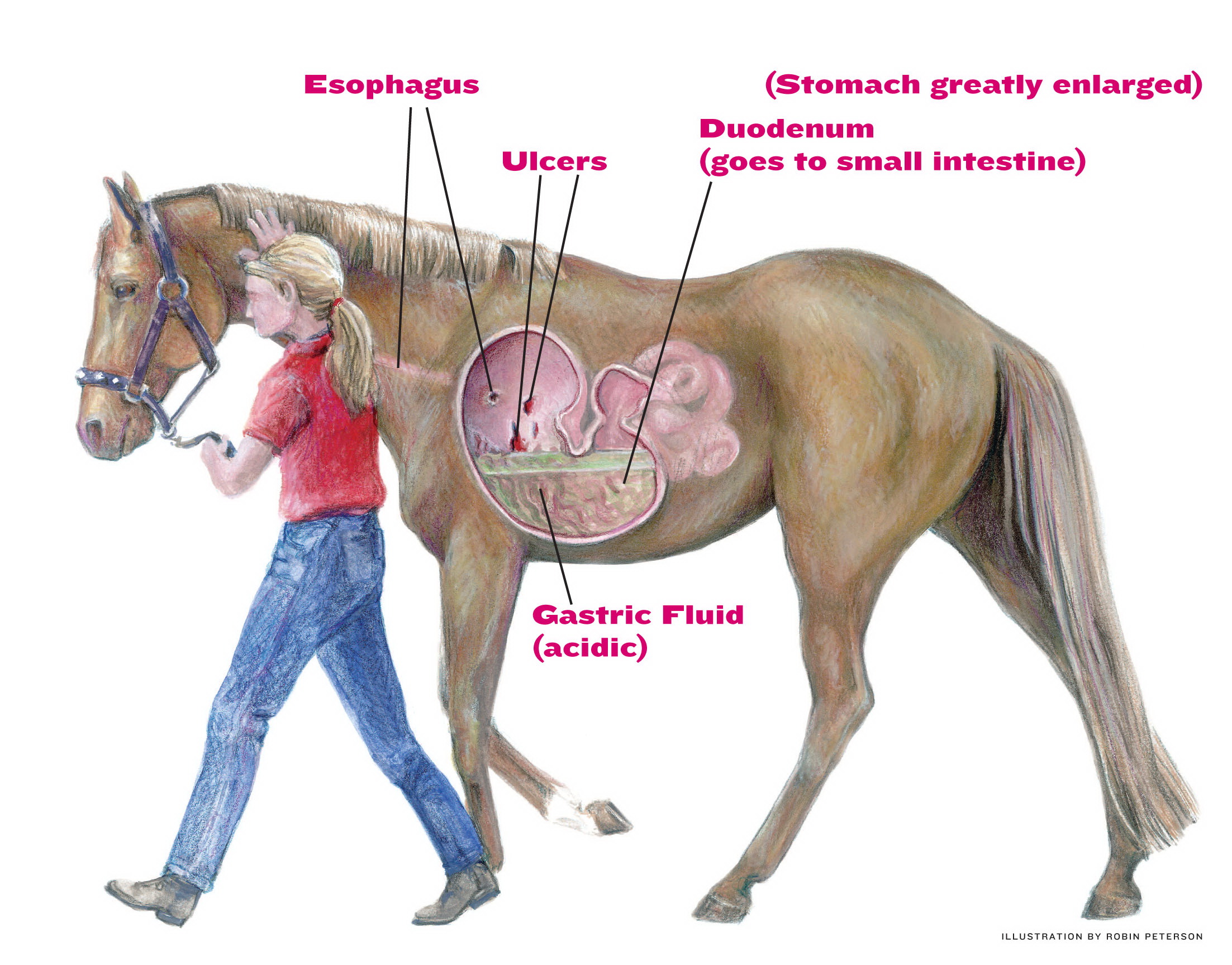
Metabolic illness or insulin resistance could be assisted with vinegar. Studies on human subjects at arizona state university, as reported in the scientific journal diabetes care in 2004, showed a reduction in the usual increase in blood glucose after a high-carb meal after a tiny acv was taken. An unexpected side effect of the analysis was that the subjects slowly lost weight when carrying two teaspoons of acv before each meal. When coupled with a non-nsc diet, slow feeding and proper nutrient assistance, acv might be an important tool in the management of both easy-keeping, metabolically challenged horses.
Apple cider vinegar for horses pasturization:
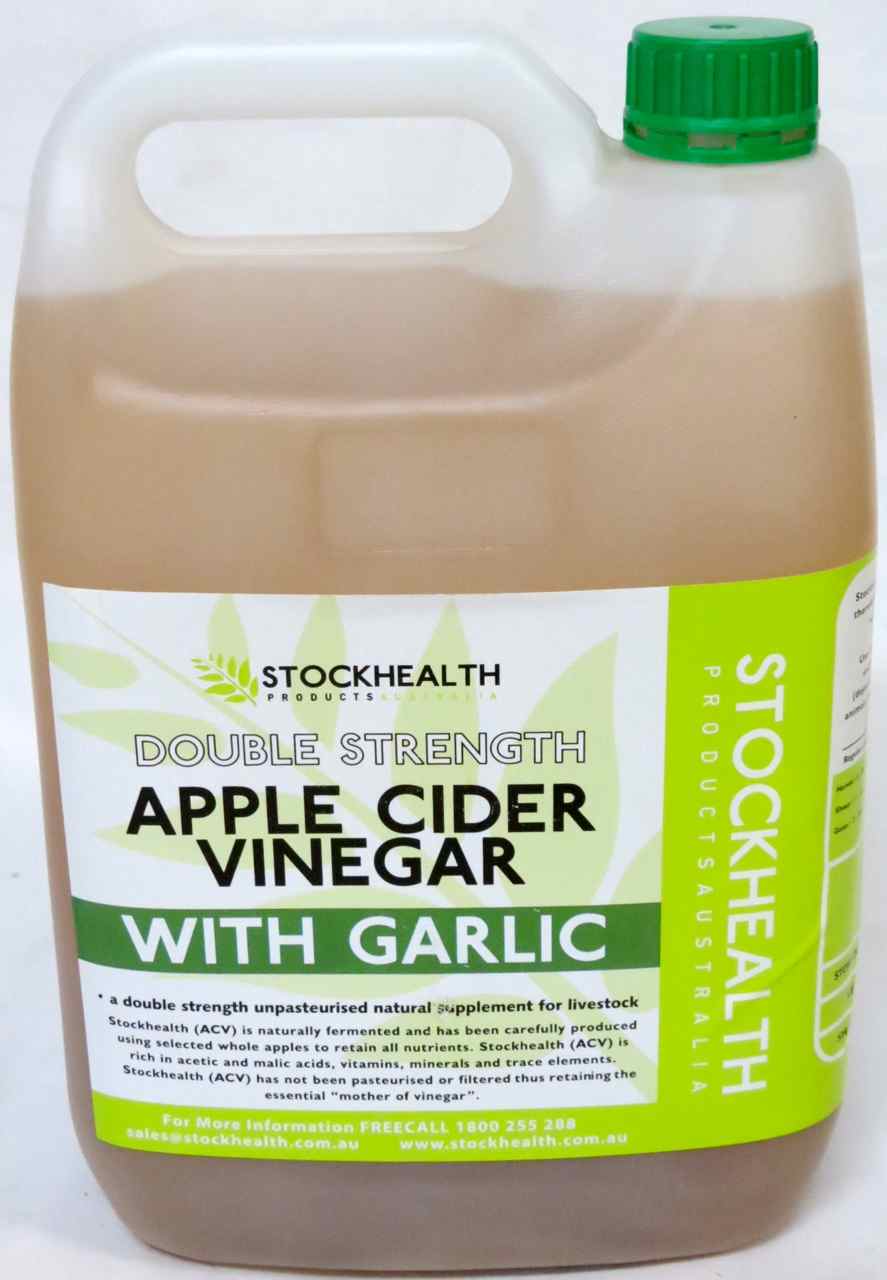
An all-natural weed killer is as close as your acv jar. Use it around horse areas rather than resorting to dangerous chemicals. Simply spray the weeds early in the summer, and watch them die. For this higher volume usage, you may want to inoculate cheaper distilled vinegar with all the “great stuff”.
insert some the soap residue will be gone, along with the odour.
Advantages of raw apple cider vinegar for horses
5 advantages of raw apple cider vinegar for horses
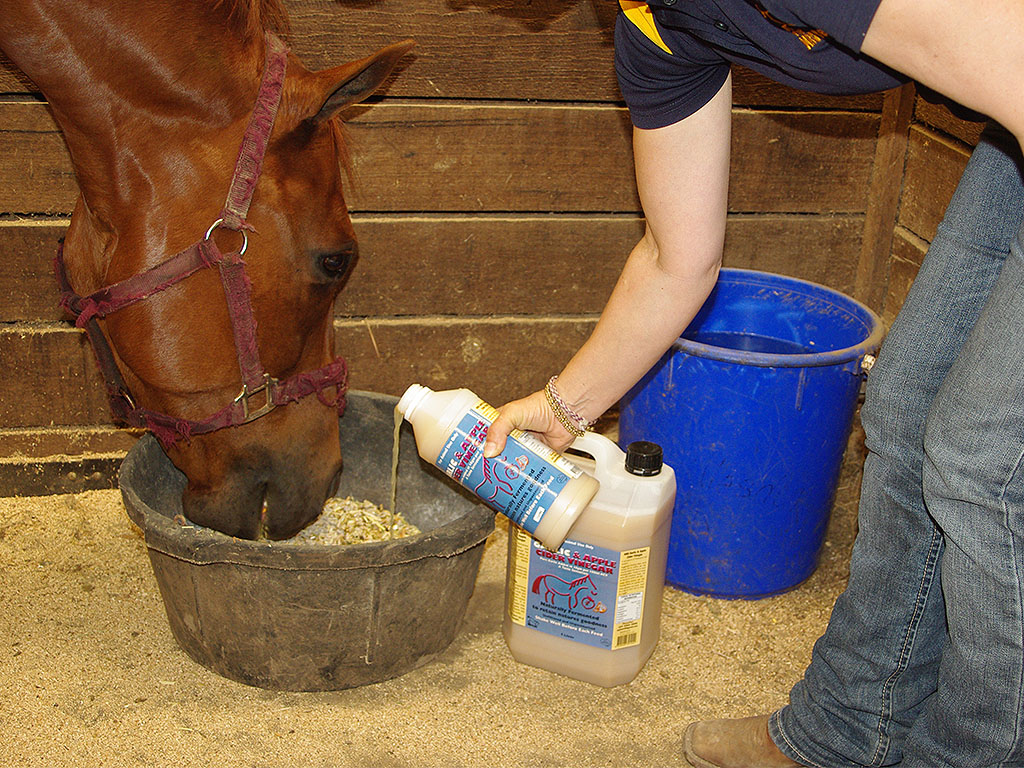
Vinegar is acidic it assists breaks down fungus and bacteria on the skin. Use full strength 2 to 3 times daily with cotton balls.
Dander and buildup collect easily beneath the mane, and about the tail head and legs of the horse. Utilizing raw apple cider vinegar helps break gunge and waxy buildup. Allowing the mix sit in your horse for 5 minutes, then wash and wash clean.
Apple cider vinegar for horses fly spray
Oil-based fly sprays can lead to chemical and sunburns in your horse’s skin. Therefore to keep you and your horse safe, we propose using a homemade raw apple cider vinegar fly spray. Mix 2 cups of raw apple cider vinegar with two cups of water and add 2-3 reduction of lavender or lavender essential oils.
Feed your horse
Feeding raw apple cider vinegar has been proven to reduce the threat of calcification and intestinal stones in horses. Furthermore, horses that have signs of calcification or intestinal stones can benefit from raw apple cider vinegar in their daily diet. Therefore we propose slowly increasing the quantity of raw apple cider vinegar into your horse every day up to 1/4 cup per 1,000 lb horse. To assist purify your horse’s water add up to 4 cups a 50-gallon trough. Keep in mind some horses may be pickier about the taste of raw apple cider vinegar, so introduce gradually.
For horses joints
Long a folk remedy, cider vinegar has been shown to enhance the health of dairy cows, dogs, horses, and other animals. It reduces common infections, aids whelping, enhances endurance, and prevents muscle fatigue after exercise, increases immunity to disease, and protects against food poisoning. Cider vinegar is rich in the vitamins, minerals, and trace elements found in apples, particularly potassium; it lactic acid levels [ph] in the stomach, improves digestion and the assimilation of nutrients reduces intestinal and fecal odors helps cure constipation, alleviates some of the symptoms of arthritis also helps prevent bladder stones and urinary tract ailments
I have read a lot through time about the benefits of apple cider vinegar (acv) for horses. Taken orally, acv has lots of healing and detoxifying properties with no negative side effects. You could mix acv with your horse’s grain, or add it to your water. Bear in mind that if altering anything in a horse’s diet plan you need to do it gradually to prevent digestive upsets. Start with a low dose of acv and boost it over a few days to the full quantity. I add it to my horse’s beet pulp (which is soaked in plain water), and she adores it. It also really seems to keep the flies away.
How much apple cider vinegar for horses?
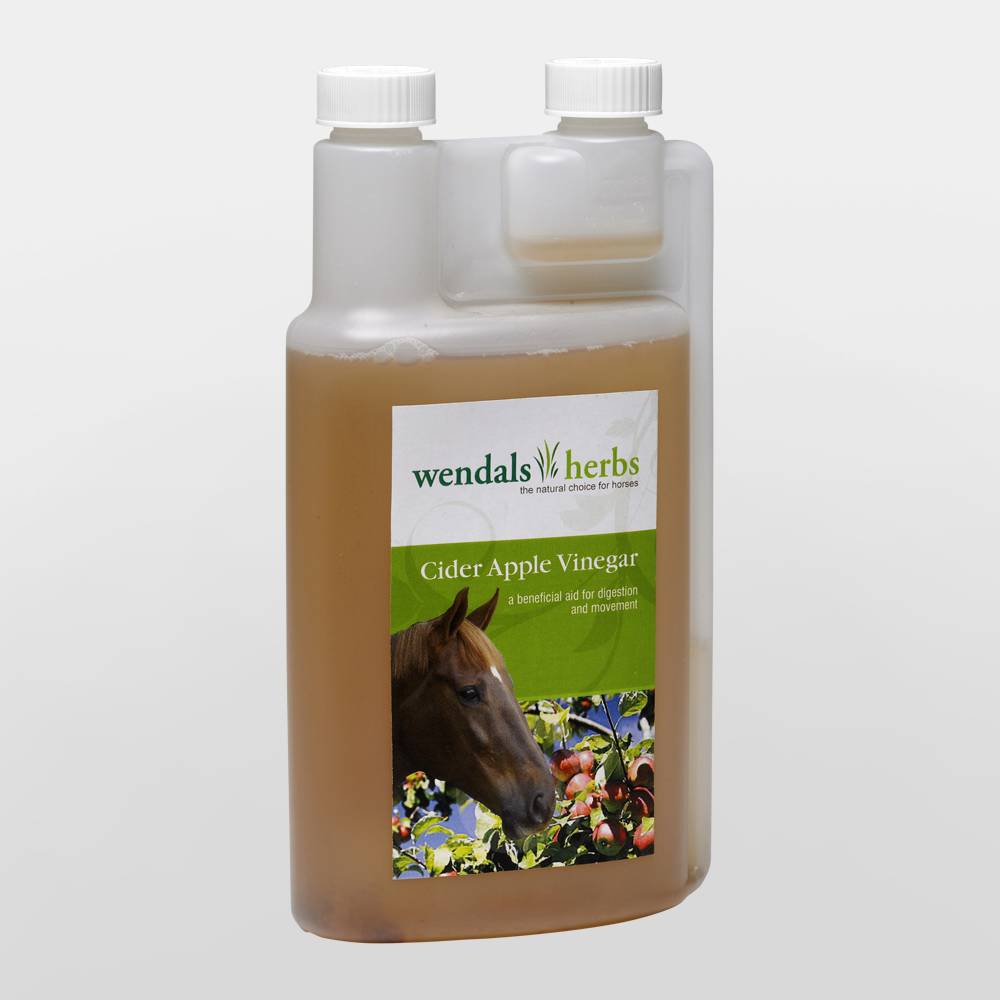
For a healthy horse, utilize 1/4 cup (60 ml) of unpasteurized acv on his feed per day. Dilute the vinegar 50/50 with water before adding to the feed.
Because of it’s potassium and associated trace mineral content, this feed supplement is invaluable for mares coming around foaling and it is also advantageous for elderly horses with digestive difficulties or arthritis. Aside from the nutritional advantages, vinegar can help purify the drinking water by destroying harmful microorganisms that could thrive in neutral or rather basic water.
What are the common benefits of apple cider vinegar for a horse?
Apple cider vinegar benefits for horses:
-
- Promotes healthy joints.
- Enhances skin and coat health.
- Helps to dissolve calcium deposits in liver and kidneys, and about joints and
- Helps prevent intestinal stones called enteroliths.
- Enhances urinary tract health.
- Stimulates digestion.
- Aids horse to resist internal and external parasites.
- Includes beneficial enzymes.
- Flushes the body of toxins.
- Acv has natural antibiotic properties.
- Helps calm a nervous horse.
- Acv makes horse blood unsuitable for insects and acts as a parasite.
- Might help improve and alleviate arthritis.
Homemade fly spray recipe for horses apple cider vinegar
Fly spray: a fantastic tried, the tested, and true recipe for acv fly spray is blending equal portions water, acv and Avon skin-so-soft. Black tea has also been blended in with success. This fly spray is gentle and safe for your horses, kids and yourself. You might discover that your horse’s coat is thicker than ever!
Topically: acv helps to reduce swelling. Take care to not devote an open wound. It also has antifungal properties and may be used to treat ringworm.
Acv has been used on racehorses for swollen hocks, bowed tendons. Dampen a quilted leg wrapping and use to the affected leg. We leave them on over night. The swelling is gone.
Apple cider vinegar for horses thrush buster:
Spray acv on your horse’s bottoms and frog to prevent or treat thrush. Considerably milder than bleach and cheaper than other treatments! By making the hoof area more contaminated, the fungus is not able to grow nicely.
Apple cider vinegar in horse water trough:
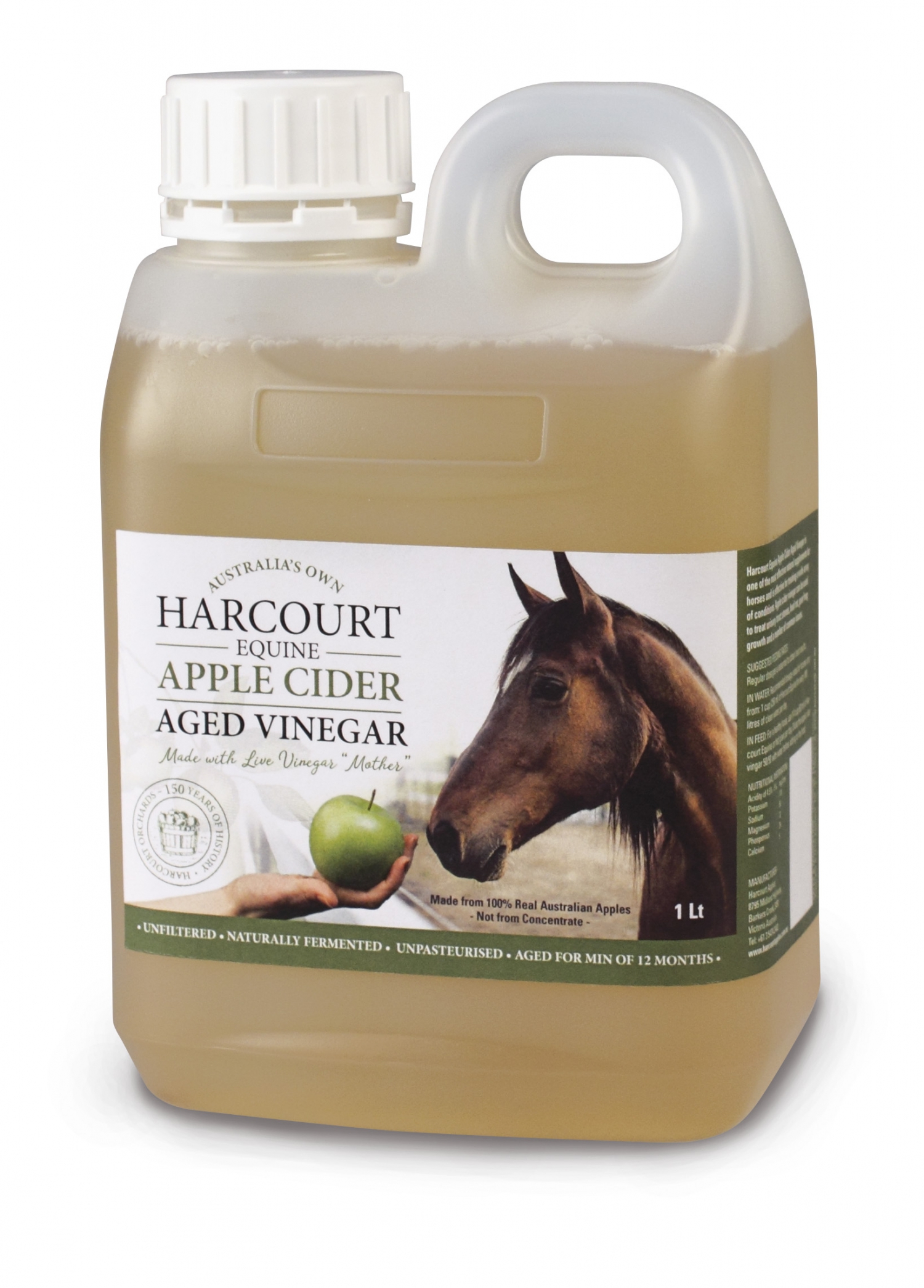
Acv water: acv is being consumed by an efficient method of earning sure that your horse and adding acv is easy. Add a cup of acv in your tank. (less if in a bucket). Remember, start with a bit and work until the dose over several days. This will construct up and keep buckets and the water tanks free of bacteria. You’ll be surprised to notice flies around your general if your horses are taking acv. Acv makes a horse’s blood vessels unsuitable for fleas and flies. If your water tank automatically fills, use this formula: add1 cup of vinegar per 6 gallons of water found in the tank. Add 2 oz of apple vinegar per horse per day.
You can look after all those pesky flies which hang around enclosed regions like barns or transport trailers, by using you have homemade vinegar fly trap:
- (750 ml) 3 cups water
- (60 ml) 1/4 cup apple cider vinegar
- (60 grams) 1/4 cup sugar
Dissolve the sugar in the vinegar solution then place in a huge jar and punch holes in the lid. The flies will get in but won’t have the ability to fly outside. I keep a full jug. Get organic and unpasteurized acv if you can (pasteurization kills the important enzymes). It does wonders for humans, but i have yet to attempt it. I discovered it in amazon.com for $13.99 per gallon and shipping is only 99 cents. If anybody finds a better deal allow me to know. I cannot find the unfiltered in the gallon size.
Frequently asked questions:
Is molasses good for horses?
It’s the syrup that’s left over in the sugar production out of sugar cane or sugar beet. Molasses is used a great deal of horse packs as it has some important benefits. Molasses contains 50% glucose. Because horses have a sweet tooth, feed with just a little bit of molasses is very tasty.
What’s the reason for laminitis in horses?
A condition of these cells (laminae) that bond the hoof wall to the pedal (coffin) bone in the horses hoof. It can affect any horse, of any sex or age, at any time of year. … the word creator refers to the sinking of the horse’s foot.
What are the signs of laminitis in horses?
Look out the following:
- A pony that ‘feels his toes’ and so maybe intermittently helpless, especially on rough ground.
- Odd shaped feet — indicated by rings in the hoof wall that are wider at the heel than at the toe.
- Recurrent hoof infections, due to the weak horn development.
What does it mean when a horse is navicular?
Is a syndrome of lameness issues in horses? It most commonly refers to an inflammation or degeneration of the navicular bone and its neighboring tissues, usually on the front toes. It can result in significant as well as disabling lameness.
What is the sidebone of horses?
Sidebone rarely causes lameness. This condition is that the calcification of the collateral cartilages within the hoof–in other words, the cartilage ossifies, or develops to a bone. Sidebone occurs more frequently in thick horses, also i have seen it most often in those who are toed-in.
White vinegar uses for horses
- Utilize a 1/1 ratio of white vinegar and water to eliminate mould from multiplying
- Utilize the same ratio to clean lay walls, buckets, really anything that’s dirty. Vinegar to wash, it has not attempted, but have produced a volcano.


